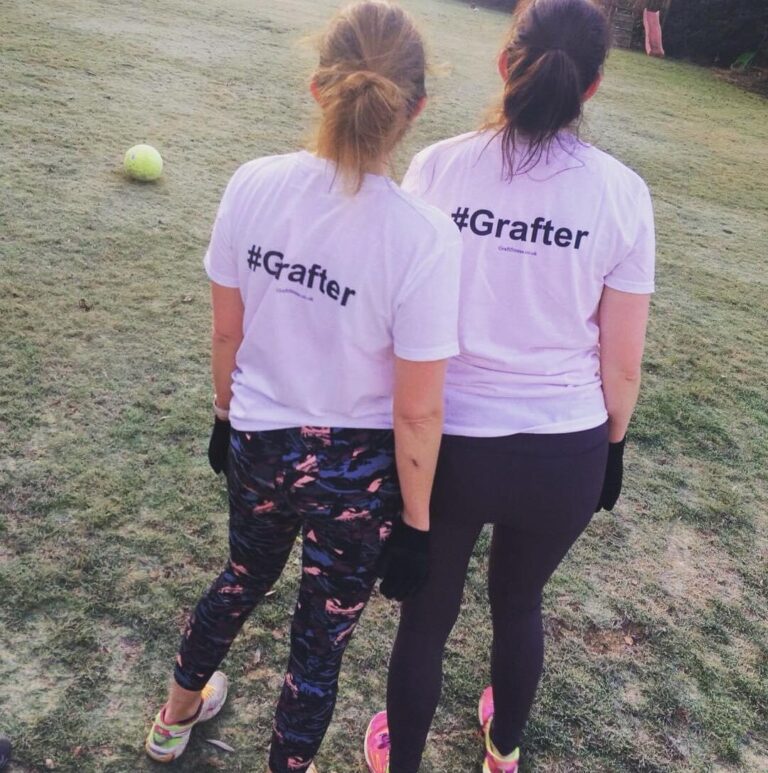
YOUR HAIR
Just a reminder – I am not a doctor, I speak from personal experience and my own challenges. If it helps educate you or support you in managing your struggles in this area then I’ve done my job.
In my early years of understanding PCOS one of my main symptoms (and remember they can vary a lot) was hair loss. In pregnancy this stopped which was lovely. My hair was the healthiest and thickest it has ever been! Thanks progesterone!
Then postpartum hit me: PCOS, postpartum and breastfeeding. Wow by 6 months I literally had NO hair, the worst I had ever experienced so I started researching it.
Motherhood is a beautiful and transformative phase in a woman’s life. However, it often comes with various challenges, including postpartum hair loss which no one warned me about it. I did not expect it. For many women, this hair loss is further complicated by the presence of Polycystic Ovary Syndrome (PCOS) and breastfeeding. In this blog post, I will explore the unique relationship between postpartum hair loss, breastfeeding and PCOS-related hair loss and provide some insights and tips to navigate these overlapping concerns.
Postpartum Hair Loss and Breastfeeding
Postpartum hair loss is a natural occurrence that affects many women after giving birth. It is primarily caused by hormonal fluctuations as the body transitions from pregnancy to the postpartum period. While breastfeeding itself does not directly cause hair loss, it can influence the timing and severity of postpartum shedding.
Breastfeeding stimulates the release of the hormone prolactin, which can delay the return of normal hormonal levels. As a result, some women may experience prolonged or more pronounced postpartum hair loss while breastfeeding. However, it’s important to note that this hair loss is temporary and typically resolves within a few months.
Postpartum Hair Loss and PCOS
For women with Polycystic Ovary Syndrome (PCOS), the challenges of postpartum hair loss can be compounded. PCOS is a hormonal disorder characterised by imbalances in androgen levels, insulin resistance and ovarian cysts. These hormonal imbalances can contribute to hair loss in both the pre-pregnancy and postpartum periods.
During pregnancy, many women with PCOS experience a temporary improvement in hair growth due to hormonal changes. However, after childbirth, when hormone levels fluctuate again, postpartum hair loss can be more noticeable for those with PCOS. Understanding this connection is crucial for effectively managing and addressing hair loss concerns.
Coping Strategies and Support:
- Seek Professional Advice: Consult with healthcare professionals, such as obstetricians, dermatologists or endocrinologists, who specialise in postpartum issues, PCOS and hair loss. They can provide personalised guidance and treatment options tailored to your specific needs.
- Balanced Nutrition: Focus on a well-rounded, nutrient-dense diet that supports overall health and hair growth. Incorporate foods rich in vitamins, minerals, and antioxidants, such as fruits, vegetables, lean proteins, whole grains and healthy fats.
- Hair Care Routine: Opt for gentle hair care practices, such as using mild shampoos and conditioners, avoiding excessive heat styling and minimising tension on the hair. Consider incorporating nourishing hair treatments or oils to promote healthy hair growth.
- Emotional Support: Reach out to support networks, such as friends, family, or support groups, to share your experiences and emotions. Connecting with others who have gone through similar situations can provide comfort and understanding.
Postpartum hair loss, breastfeeding and PCOS-related hair loss can present unique challenges for women. Understanding the connections between these factors can help manage and address hair loss concerns effectively. Remember, postpartum hair loss is a temporary phase, and with proper care and support, your hair will regain its strength and vitality. Embrace the journey of motherhood and prioritise your wellbeing as you nurture your hair and yourself.
Natalie Bhangal is a personal trainer who has a passion for health, fitness and strength training. She trains beginners, athletes, pregnant and postnatal women, those with injuries and injury prone clients. For more information email natalie@graftfitness.co.uk

IT'S TIME TO GET YOUR #GRAFT ON!
Our exclusive range of Graft fitness clothing is designed to be functional and is manufactured using the latest technical fabrics. Once you get them on, you’ll instantly feel part of the #graft movement and be ready to tackle anything, including one of my fitness sessions!


